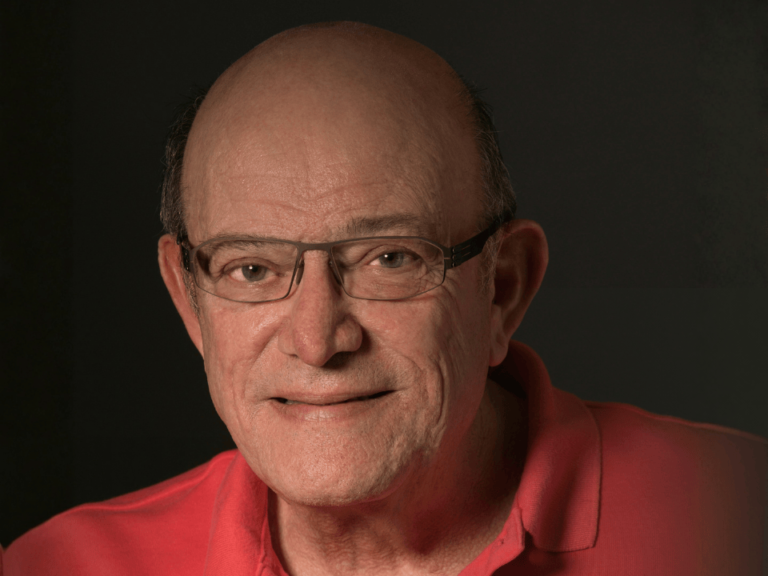Genmab said its licensing partner, Janssen Biotech, Inc. has submitted the first part of a regulatory submission to FDA for a label expansion to include the use of daratumumab in combination with lenalidomide and dexamethasone for the treatment of patients with newly diagnosed multiple myeloma who are not candidates for high dose chemotherapy and autologous stem cell transplant.
FDA plans to review this application under their Real-Time Oncology Review pilot program. Inclusion in the RTOR pilot program does not guarantee or increase the probability of approval of this supplemental Biologics License Application. In August 2012, Genmab granted Janssen an exclusive worldwide license to develop, manufacture and commercialize daratumumab.
The submission package is based on data from the phase III MAIA (MMY3008) study of daratumumab in combination with lenalidomide and dexamethasone as treatment for patients with newly diagnosed multiple myeloma, who are not candidates for high dose chemotherapy and ASCT.
The phase III study (NCT02252172) is a randomized, open-label, multicenter study that includes 737 newly diagnosed patients with multiple myeloma who are not candidates for high dose chemotherapy and ASCT.
Patients were randomized to receive either daratumumab in combination with lenalidomide and dexamethasone or lenalidomide and dexamethasone alone. In the daratumumab treatment arm, patients received 16 milligrams per kilogram (mg/kg) weekly for first 8 weeks (Cycles 1 and 2), every other week for 16 weeks (Cycles 3 to 6) and then every 4 weeks (Cycle 7 and beyond) until progression of disease or unacceptable toxicity. Lenalidomide was administered at 25 mg orally on days 1 through 21 of each 28-day cycle, and dexamethasone was administered at 40 mg once a week for both treatment arms.
Participants in both treatment arms will continue treatment with lenalidomide and dexamethasone until disease progression or unacceptable toxicity. The primary endpoint of the study is progression free survival.











